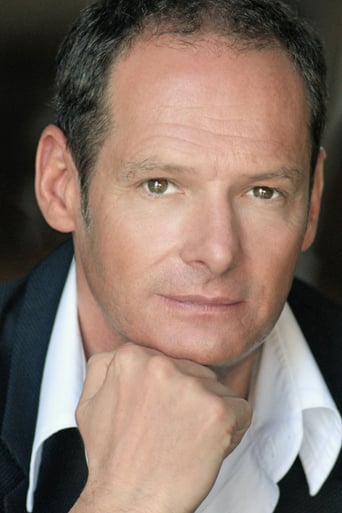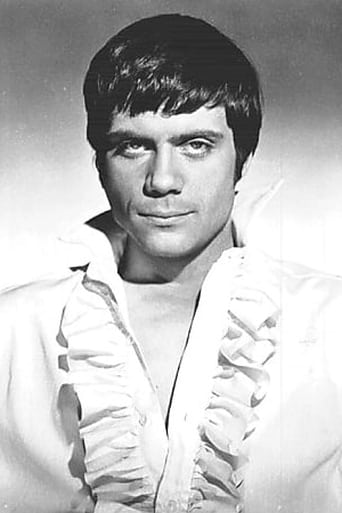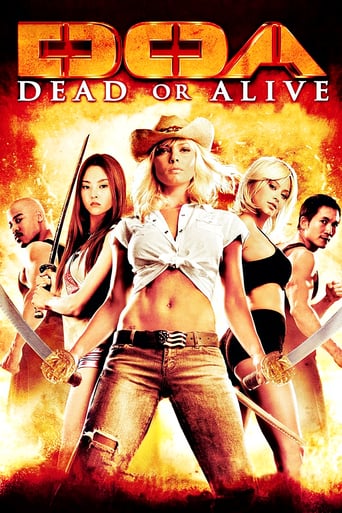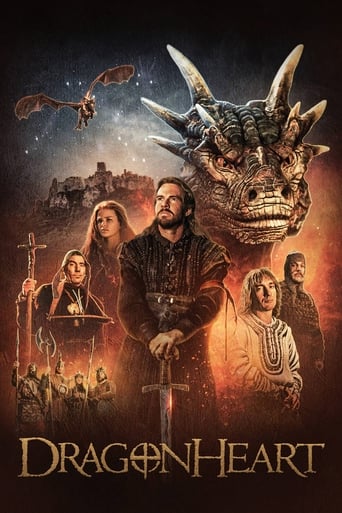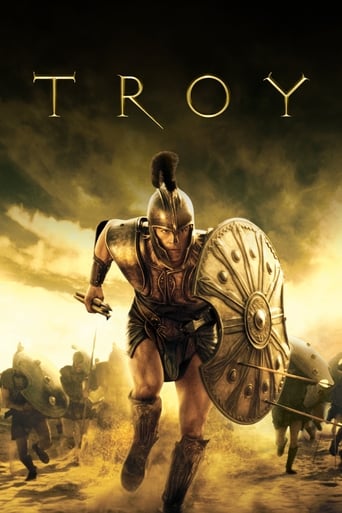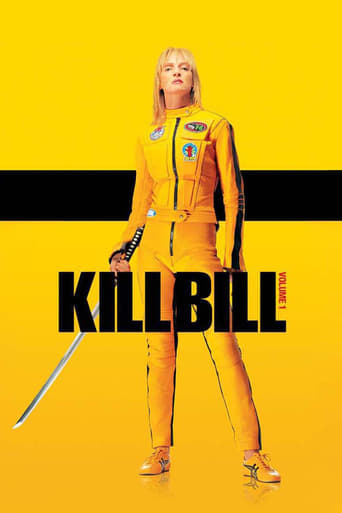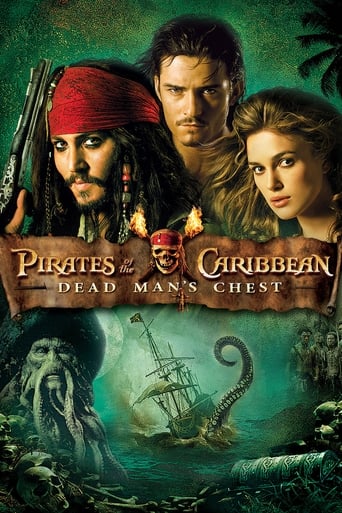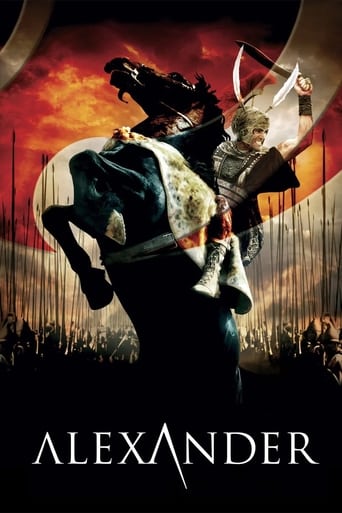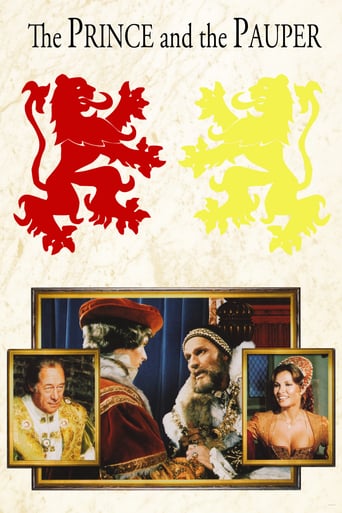
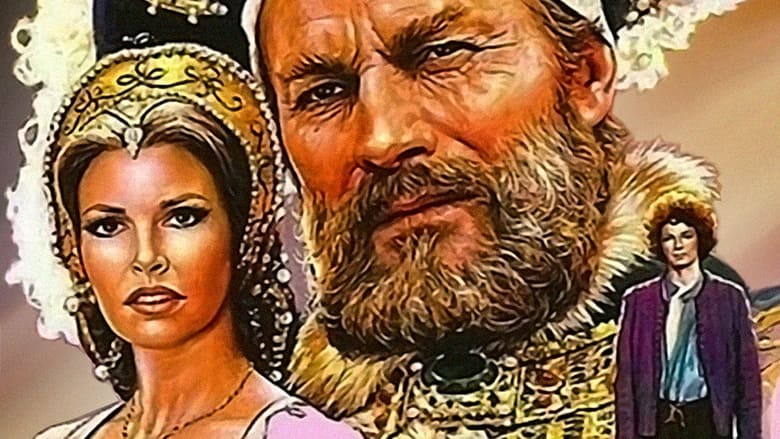
The Prince and the Pauper (1977)
Tom Canty is a poor English boy who bears a remarkable resemblance to Edward, Prince of Wales and son of King Henry VIII. The two boys meet and decide to play a joke on the court by dressing in each other's clothes, but the plan goes awry when they are separated and each must live the other's life.
Watch Trailer
Cast
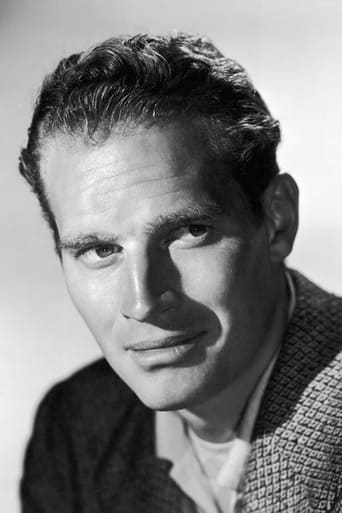
Similar titles
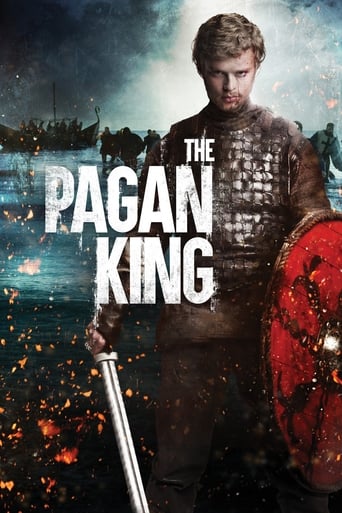
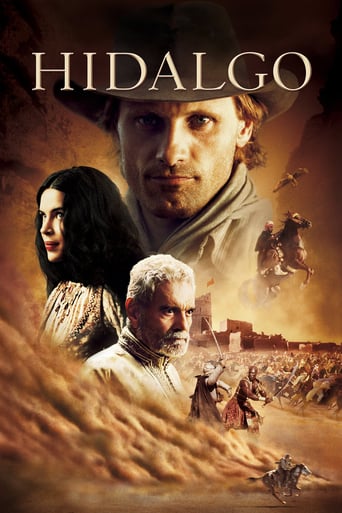
Reviews
Pretty Good
A terrific literary drama and character piece that shows how the process of creating art can be seen differently by those doing it and those looking at it from the outside.
By the time the dramatic fireworks start popping off, each one feels earned.
The film never slows down or bores, plunging from one harrowing sequence to the next.
For the record, this film when released was shamelessly called The Prince and the Pauper.Do you remember the 70s? It helps if you do.Having survived the post-war era, rock and roll, and the chaos the 60s, the 70s ushered in big hair, big disco, big cars, big meals and ... well you get the drift.Especially big Hollywood productions like this one.Against such a backdrop it is easy to imagine a bunch of studio suits looking at the wonderful 1947 version of the Prince and the Pauper (a version your humble reviewer has seen over a dozen times) and saying something like .. bah humbug we can do better.No in fact, they could not. They could do it bigger and more lavish. But better is hardly a word I would use to describe a version so different in every way that, years after release, they even changed the title (presumably to avoid reviews just like this one.) The 1947 version is sweet and clever and constantly interesting. And very true to the original story.This version, aside from the interesting attempt to cast Reed against type, is worth one watch, maybe and my guess is you will never want to see it again.Advice? See the original. Accept no imitations.
Lets get the bad point out of the way quickly. Mark Lester. Wait, what am I saying? I'm not a sheep! Lester was excellent! If others do not think he cuts it is probably because he's acting against gods of Hollywood, HESTON, REED, G C SCOTT, REX HARRISON and EARNEST BORGININE. But I think he performed most admirably in dual roles which he played quite distinctly apart and with a modest amount of charisma. So thats the non existent bad point out of the way. Now let me throw in what really rocks the movie. Lets start with Charlton Heston as King Henry VIII. Majestic, funny, and brutal. He well and truly steals every second of screen time he's on. Oliver Reed, the outcast swashbuckling hero trounces around with his usual bullish but dynamic presence, and fights in his own unique Reed style. George C Scott turns in yet another memorably hilarious (if rather too short) comedic role as an ex monk turned king of thieves. Rex Harrison as a monk adviser to the king plays his part with ultra cool prose and wisdom. And no one plays a really bad man as good as the great Earnest Borgnine who plays the brutish evil father of the pauper. The movie is flooded with great character actors who are all clearly having fun entertaining us and boy do they entertain. The story zips along confidently. The period detail is exquisite and lavish. Raquel Welch adds to the beauty of the movie canvas. And to top it off, a wonderfully spirited soundtrack have me humming days after each time I watch this movie. Pure blissful swashbuckling entertainment.
Not very good. This take on the Prince and the Pauper clearly wants to capture the swashbuckling lunacy of Richard Lester's THREE MUSKETEERS/FOUR MUSKETEERS but falls flat. This is due in large part to the fact that the director, Richard Fleischer, is resolutely unimaginative. Instead of slapstick, he offers up blandness. It's something that has dogged his long career. The casting of OLIVER's Mark Lester in dual roles doesn't help either. He has no personality as either prince or pauper. Oliver Reed, Raquel Welch, Charlton Heston and Sybil Danning (all of whom appeared in the Lester films) head the large cast, but none manages to register as anything special. Nor does Ernest Borgnine...and any film that wastes Rex Harrison must be viewed as very dubious indeed (note: this film may be dull, but it's light years better than the previous Fleischer/Harrison train wreck: DOCTOR DOLITTLE).
The Tudor dynasty has always been popular with makers of dramas based upon English history- we have, for example, "Anne of the Thousand Days", "Mary Queen of Scots", "Lady Jane", "Elizabeth" and the two versions of "A Man for All Seasons". "The Prince and the Pauper" (I will use the British title rather than the American one) falls within this tradition, the main difference being that it is based upon a fictitious story rather than historical fact, even if Mark Twain did try and suggest that his tale was based upon an old legend which may have had a kernel of truth. The idea is that Edward Prince of Wales, the only son of King Henry VIII, has an exact double in Tom Canty, a London street urchin and the son of a notorious thief. The two meet by chance when Tom, fleeing after stealing a purse, manages to break into the Tower of London. Edward, struck by the likeness, suggests that the two should exchange clothes for a joke, but the joke goes wrong when Tom is taken for the real Prince and Edward for a beggar. Edward is thrown out onto the street, leaving Tom behind in the Tower. Both find that they are unable to escape from their predicament; when they try to protest their real identities they are assumed to be mad. Edward is befriended by Miles Hendon, a soldier of fortune recently returned from the Continent. Although Miles does not really believe Edward's story about being the Prince of Wales, he takes pity on him. When Miles attempts to return to his family home, however, he finds himself in a similar predicament. He finds that his wicked younger brother Hugh has forged a letter purporting to contain news of Miles's death and has used this not only to steal Miles's inheritance but also to marry his sweetheart Edith. Now it is Miles's turn to find that he is not believed when he proclaims his identity. Miles and Edward have to find a way to undo Hugh's wickedness as well as ensuring that the rightful heir is crowned King of England, Henry VIII having died during his son's absence. The most curious thing about this film is the casting of Mark Lester in the dual role of Tom and Edward. As others have pointed out, Edward VI was only nine years old at the time of his accession, and only sixteen at the time of his death, so it was strange to cast the nineteen-year-old Lester in the role. Moreover, Lester was not convincing in either part, being too obviously well-bred and well-spoken for a Cockney guttersnipe and not regal enough for a Prince. The point of Twain's tale is that Tom, forced to assume the role of King against his will, finds himself growing in authority, whereas the haughty princeling Edward is humanised by his contact with the common people. There was no sense in this film of either of these developments taking place. This was Lester's last film, and it is clear why he joined the long list of child stars who did not go on to an acting career as an adult. Few of the other acting contributions, with two exceptions, stand out. Raquel Welch, despite her second billing, has very little to do as Edith except stand about looking glamorous, and Rex Harrison as the Duke of Norfolk looks as though he is not taking anything seriously, even being sentenced to death for treason. The two exceptions are Charlton Heston as the ailing, care-worn Henry (very different to the autocratic younger man portrayed by Robert Shaw in "A Man for All Seasons" or Richard Burton in "Anne of the Thousand Days") and Oliver Reed, who makes an attractive Errol Flynn-style hero as Miles. (I have not seen Flynn's own version of this story from 1937, so cannot make comparisons). Richard Fleischer was a very versatile director who could turn his hand to films in many different genres. His work also varied greatly in quality; he was capable of making a film as good as "Ten Rillington Place" but also one as laughably bad as "Red Sonja". "The Prince and the Pauper" falls somewhere between these two extremes. While never as bad as "Red Sonja" (few films are), it is a rather mediocre film which never succeeds either as a convincing recreation of Tudor England or as a swashbuckling adventure. 5/10Some goofs. The story is set during the winter of 1546-47; Henry VIII died in January 1547 and Edward VI, as the film informs us, was crowned King in February. The film, however, was clearly shot during the summer months as all the trees are in leaf. Henry states, not long before his death, that he has been on the throne for thirty-five years; he ascended the throne in April 1509, so at this point he would have been king for over thirty-seven years.
